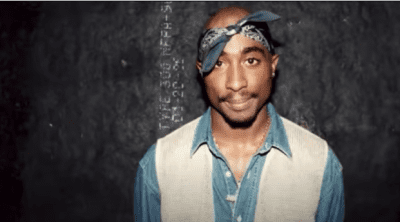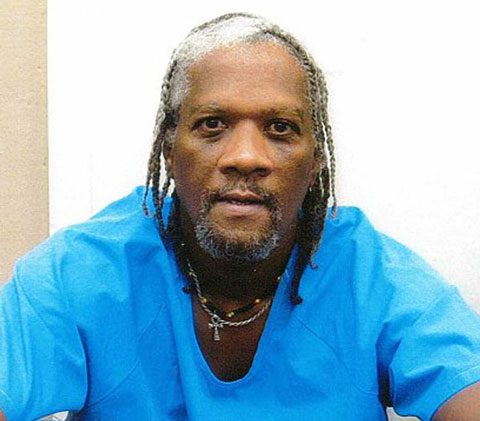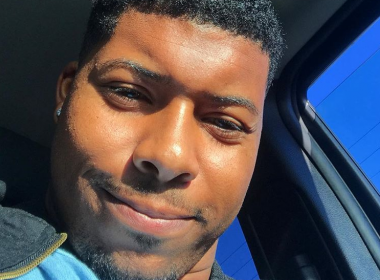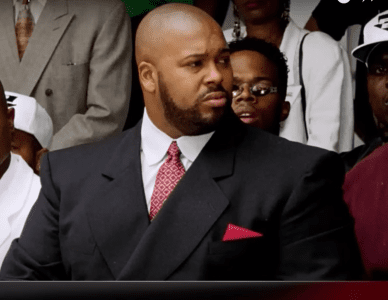
On Sept. 7, 2016, the Louisiana Supreme Court will hear the capital appeal of 25-year-old Rodricus Crawford. I spent three months investigating his case, interviewing 10 people, including the district attorney and Crawford’s appellate attorney, as well as reading all of the appellate briefs and expert affidavits. I concluded Crawford was railroaded. At every turn he was presumed guilty and ultimately convicted of the death of his 1-year-old son who medical experts say died of pneumonia. This is one in a series of articles examining how easy it is for a Black man to end up on death row.
The record of Cecelia Kappel, senior attorney with the Capital Appeals Project (CAP), would suggest her exposure to capital cases spans less than a decade; however, her father has been handling death penalty cases her entire life.
“I’ve been through executions. I’ve seen the heartache — to the families, to the attorneys, to everyone — it causes when people are executed,” she said during a phone interview.
Following Hurricane Katrina, she made the decision to work on behalf of the poor and oppressed. She took an internship at CAP and never left.
“My faith informs my role as a defense attorney because the values that I hold very close are life, humanity, and mercy,” Kappell said. Kappel believes even those who are guilty deserve these things because the people who end up on death row are poor and broken. “They’ve been broken by mental illness, circumstance, abuse, and society has failed them,” she added.
“There is a saying ‘it is worse to be poor and innocent than rich and guilty,’” she said addressing Crawford’s predicament. His family is poor. According to testimony, the mother of his deceased son struggles with untreated schizophrenia and seeks medical attention only after what her family calls “outrages.” Baby Roderius didn’t have a doctor or proper vaccination for pneumonia, which is what medical experts say was the cause of the baby’s death.
Had Crawford had better representation at trial, he’d likely be a free man today.
She said, “His lawyers did not believe this was going to be a capital case and they didn’t prepare for a capital case in which their client’s life was on the line literally. I think they thought they would skate by, and all of a sudden your client is convicted of first degree murder on extremely scanty evidence. And they are facing a penalty phase, and they’ve got nothing lined up. They’ve got no evidence.”
According to Kappel, who is mounting Crawford’s appeal, the state licensing board has decertified Crawford’s trial attorney, J. Antonio Florence, who is no longer allowed to represent death penalty clients. (Calls to Florence were not answered.)
“Rodricus is innocent,” Kappel emphasized. “He is undoubtedly innocent.”
When Caddo Parish elected James Stewart, Kappel was hopeful the first black district attorney would take a look at Crawford’s case and “right this injustice…[Stewart] has the power to drop charges, to dismiss an indictment even if the person has already been convicted,” Kappel said.
But Stewart has decided to use his power to back the verdict obtained by the previous prosecutor Dale Cox. Widely regarded as racist, Cox wrote in a state memo, “I am sorry that Louisiana has adopted lethal injection as the form of implementing the death penalty … Mr. Crawford deserves as much physical suffering as it is humanly possible to endure before he dies.”
Read Black District Attorney James Stewart’s story.
More in this series:
Why does this town keep putting innocent black men on death row? (video)















